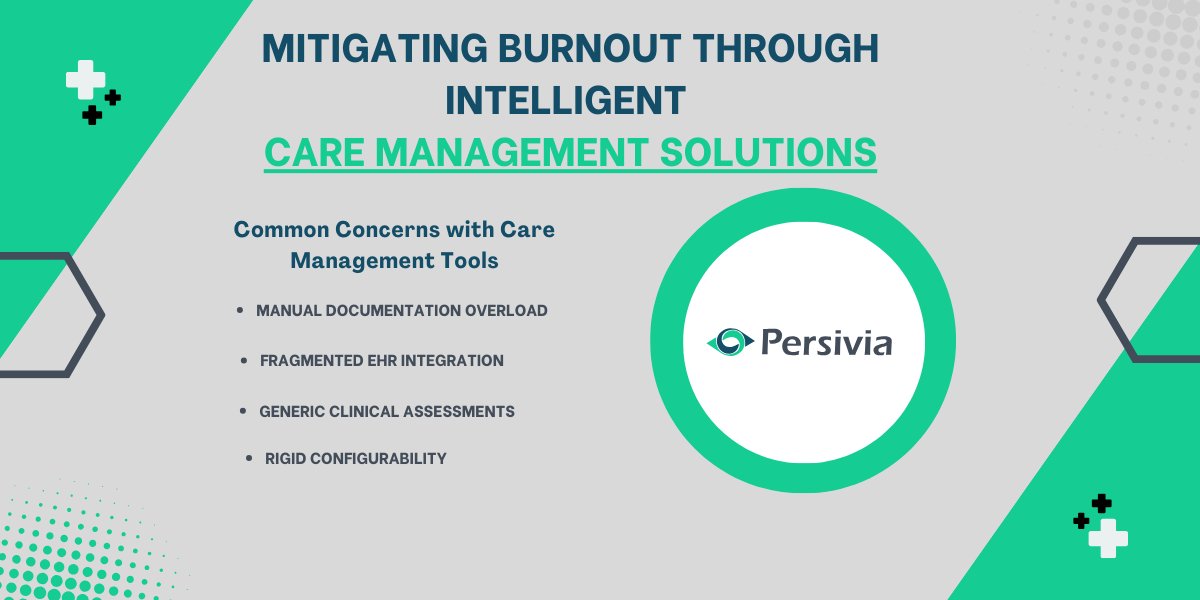
Top 9 Tips To Detect Fraudulent Website Traffic Using IP Geolocation
All of a sudden, pages and websites have tons of new visits that do not affect their success. Even though this is the case, the high number of visits or views of an ad hardly results in any traffic on the website or actual clicks.
Why Is This Happening?
This is happening because of fraudulent website visits. Take, for example, Pay-for-click websites that pay people every time someone clicks on their post or on a link. The main reason why people use these sites is to get their ads and content shown to the target audience.
However, despite the high number of visits, there are hardly any clicks and traffic to the pay-for-click clients’ websites. This is happening because many of those visits aren’t from actual people.
So, despite having many visits, most of them don’t perform any action. They don’t stick around on pages, not even for a few seconds. They don’t go to the client’s site or check out their content. These all fall under fraudulent website traffic.
Fraudsters use many tricks to mask their IP addresses and make it seem like they visited the site from a different place, or use bots to create more visits. They do this by using proxies, TOR, VPN, and other technologies.
Detecting Fraudulent Website Traffic With The Help Of IP Geolocation
Now, even though there isn’t a sure way to determine if an IP address is bound to a TOR node or proxy, there are some ways to detect this fraudulent traffic by using IP geolocation.
That is what this article will explore for you – the best ways to detect the traffic that isn’t real on a site.
1. Use The Right Tools To Detect Fraudulent Traffic
An IP risk score helps minimize the risk of fraudsters entering a website. In the SEON’s guide, you can learn how to assign different settings to points depending on the risk factor. For example, while an emulator will add +2, a VPN will add +1. By calculating all points, you will get your overall IP fraud score.
On top of this, IP addresses that have been linked to fraudsters or bots in the past will be blacklisted automatically if you’re using the right tool. SEON, the top-rated tool that will help you with all this will aggregate information from live, open-source databases. The connections with it are SSL protected, so no sensitive information is stored in this tool.
SEON is a tool that facilitates transaction fraud detection and provides invaluable fraud intelligence. It delivers highly accurate, actionable data in real-time. If you want to optimize the safety and progress of a site, it’s recommended to use it from start to finish.
The reason why SEON is the top tip for detecting fraudulent traffic is that it can detect potential bot attacks before they happen. It will catch many suspicious connection changes, as well as highlight the usage of spoofing devices.
2. Use It To See Where Your Traffic Is Based
The most basic function of IP geolocation is to show you where the user is based. This can help many brands and website owners learn about fraudulent traffic. How?
Well, if your site targets an audience that’s nearby or a small audience that is very specific to a given location, chances are it will mostly attract these users. If the IP geolocation shows you that a lot of your new traffic is based far, far away, there’s a high chance that this particular traffic is not real.
For example, if you host an online checkout feature on your website, you are at risk of credit card fraud. IP geolocation can help you detect scammers that use stolen credit card information. These people usually spoof their IP addresses and mimic one from another country.
Let’s say that this happens and IP geolocation shows you big spikes in checkout attempts from an entirely different country, one where you don’t do business. If your business operates only in the US and you get checkout attempts from an African country, this is a big red flag for you.
3. Block Users Based On Origin Locations
IP geolocation can help you not only in detecting potentially fraudulent visits but also in preventing them from scamming you or infecting your device. There are some regions, as well as known IP addresses where most of these fraudulent activities happen.
You can use geolocation information to figure out if such users are attempting to enter your website, buy something, fill out forms, contact you, and more. Once you know this, you can block them and prevent them from even getting the chance at a scam.
4. Use IP Geolocation To Enforce Content And Distribution Rights
Many laws govern digital content rights, media rights, as well as distribution rights. They differ between countries so, even if this isn’t an issue for an online store in one, it can be an issue in another place.
Right now, many laws between countries are at odds with each other. For your online business, this means that you might be able to legally distribute or advertise something in one country, but not in another.
We all want to avoid any legal repercussions when possible, which is where IP geolocation comes into the picture. With it, you don’t have to wait for ads and marketing materials to show in a different area to see if it is a problem. You can make sure that this doesn’t happen by restricting your marketing materials, ads, and even distribution for different countries.
This also applies when you’re selling something that you aren’t supposed to in a different country. To avoid getting a customer from that country, you can use IP geolocation and make sure that they only see the products they can receive from you.
5. Look For IPs That Belong To Different Companies
Very often, we receive emails from companies that aren’t sent by those companies. Why is this? Fraudsters often use the name of renowned businesses to send out messages and scam others. This is why IP geolocation is great at finding phishing scams.
Let’s say, for example, that you receive an email or message on the site that comes from an X brand, one that is popular and renowned. With IP geolocation, you find that the IP doesn’t belong to this company, but to a different one. Or, the IP is from a country known for the frequent dark web fraud. This is highly likely to be a phishing attempt and requires further looking into before you take the required action.
6. Check Who The ISP Is
The Internet Service Provider can tell you a lot about an address. By using IP geolocation, you can see if the IP is residential, public, or comes from a web server. This doesn’t tell you anything with certainty, but the latter is most often used by VPN providers, TOR exit nodes, and bots, so it’s a red flag that you should look into.
7. Use It To Scan The Open Ports
Proxies usually have at least 1 open port just like computers that function as servers. By doing an IP geolocation scan, you can measure the risk level of the situation. For example, some proxy providers will resell the hacked SSH connections and port 22 will be open in most cases.
8. Detect And Prevent Fraudulent Invoices
There’s this constant battle between businesses and scammers that revolves mostly around finances. Every month, over 30,000 websites are being infected with malware or hacked. Many of these hacks can be prevented with IP geolocation.
By using IP geolocation, you can enhance your IT security when your traffic increases. This can prevent the fake invoices from getting to your Accounts Payable inbox. Many scanners bill companies for services that do not exist, and since most Finance departments are too busy to notice, they often write checks without giving it a second look.
9. Identify The Source Of A DDOS Attack
IP geolocation can help you identify the source of a DDOS attack and prevent it from happening. DDOS attacks are attempts to overwhelm your hosting server and prevent you from providing service to your users. This is usually done with a flood of bots that will overwhelm your site’s resources.
Thanks to IP geolocation APIs, you can see where the bad traffic is coming from and learn about a DDOS attack as soon as possible. This will give you time to close your network to the identified geo data IP locations while you take other measures to control the damage.
After you do this, you can block the IP addresses permanently.
Use IP Geolocation To Boost Your Site’s Security Today!
We always hear of fraudsters and bots destroying online websites and businesses out of nowhere, but most people hope that this won’t happen to them. Today, you should do more than hope for the best. Many of the red flags can be easily noticed before big damage occurs, and it’s all done thanks to IP geolocation. These are just a few of the things you can detect with the help of IP geolocation, and they can make your site immensely stronger and safer.

Law Firm Management: How Technology is Driving Efficiency

Most Popular Social Networks: Dominating Online Platform







